When one tugs at a single thing in nature, he finds it attached to the rest of the world. – John Muir
One of the best things I have done since I moved to Florida, was to sign up and complete the University of Florida’s Master Naturalist Program. The Florida Master Naturalist Program, also known as the FMNP. It is an adult education program taught in various counties across Florida throughout the year by participating organizations and trained instructors. It is designed for those who want to gain or increase their knowledge of the various ecosystems throughout Florida.
HISTORY
.png)
Dr. Martin (Marty) Main, a Professor and Extension Specialist in the Department of Wildlife Ecology and Conservation at the University of Florida, began developing the FMNP in 1999 when he realized there was a need for a professional development education program that focused on Florida’s natural history. This is great news for teachers because these courses can be used for continuing education units or professional development credits. Not only did Dr. Main develop the program here in Florida, but he has contributed to the development of Master Naturalist programs in other states as well.
FMNP
The FMP is designed for adults (18 and older) that want to learn more about Florida’s natural history. If you are a volunteer or employee at the various parks, nature centers, historical sites, museums, eco-tour companies, or any other organization that focuses on providing an educational experience on any part of Florida’s natural environment. If you are simply a nature lover and want to expand your knowledge, then this is a wonderful program that won’t fail to provide you with the knowledge you seek. If you are a teacher, like me, again, you can earn contact hours for continuing education. If you take all three modules, you can gain 120 credits, 40 contact hours for each.
The program consists of three systems, Freshwater, Upland, and Coastal. All three need to be completed in order to be identified as a Master Naturalist, but if you are only wanting to take one course, then you be considered a naturalist in that system. Each course is conducted as an in-person course or hybrid and will be described as one or the other when you sign up. Each course is taught at various times of the year, depending on the season and availability of instructors. This holds true for the additional steward and restoration courses. Each course provides you with a digital PDF version of their handbook or you have the option of purchasing a physical copy. Once you complete the course, you receive a patch, pin, and certificate stating that you completed that course.
FRESHWATER SYSTEMS
I signed up for the Freshwater Systems course before I moved to Florida, which started in November and ended five or six weeks later. I signed up with the Charlotte Harbor Environmental Center (CHEC) in Charlotte County. During this course, you will learn about Florida’s wetlands, marshes, and swamps as well as the various wildlife that inhabits these areas through quality presentations, guest speakers, and informative field trips for a more hands-on learning experience. The types of animals you will learn about are:
- waterbirds
- general birds
- mammals
- amphibians and reptiles
- freshwater fish
- invertebrates
- woody vegetation
- environmental ethics
- naturalist interpretation
UPLAND SYSTEMS
The next course I started was the Upland System, also with CHEC, so I had the joy of having the same wonderful instructors and a handful of classmates from my Freshwater course that, like me, wanted to keep learning. During this course, you will learn about Florida’s pine habitats, hardwood forests, scrubs, dry prairies, rangelands, and uplands in modern human society through quality educational presentations, field trips, and guest speakers.
- general ecology
- pineland communities
- hardwood forests
- scrubs, dry prairies, and rangelands
- birds
- mammals
- amphibians and reptiles
- invertebrates
- environmental ethics
- naturalist interpretation
COASTAL SYSTEMS
While I was enrolled in the Upland Systems course, I jumped at the opportunity to take the Coastal System course through Sarasota County and MOTE Maring Laboratory & Aquarium. This time, my husband joined me, which was great, but unfortunately, this course was a hybrid and only consisted of three field trips compared to the 5 field trips we took with the Freshwater and Upland system in Charlotte County. In addition, the field trips kept us on land and within walking distance of the MOTE facility. Though our instructor was very knowledgeable and the use of Zoom and Google Classroom, was convenient, I would have preferred a hands-on/in-class version of this course. Thankfully, once you take a course and complete it, you can always sit in on another course and build upon your learning. For obvious reasons, this was the course my husband and I both wanted the most, so we were slightly disappointed, but since we are always on the water, we kind of feel we are in an extended version of the course.
During this course, you will learn about coast uplands, nearshore marine environments, coastal estuaries, society, and the coast, taught through presentations, guest speakers, and field trips.
- general ecology of coastal systems
- marine and estuarine habitats
- waterbirds
- coastal upland systems
- mammals
- saltwater fish
- invertebrates (coral, jellyfish, mollusks, sea worms, tunicates, echinoderms, crustaceans, insects)
- environmental ethics
- naturalist interpretation
OTHER PROGRAMS
Once you are done becoming a Master Naturalist or if you just want to start somewhere else, there are two other routes you can take, the Land Steward Courses and the Restoration Courses.
Land Steward Courses
This group consists of four courses that are designed to provide more detailed information and increase your hands-on skills in a specific area. These courses are only 24 hours in comparison to the 40 hours for the Master Natural Program courses. If you complete 3 core courses (FMNP) and all 4 of the Land Steward courses, you will be considered an Advanced Florida Master Naturalist.
- Conservation Science Course
- Environmental Interpretation Course
- Wildlife Monitoring Course
- Habitat Evaluation Course
Restoration Courses
This group consists of three courses that are designed to provide additional learning and hands-on experience in restoration in a particular area. Like the Land Steward Courses, these courses are 24 hours of contact time. The FMNP site that describes this course section may have a typo because it’s a little confusing. They state that if you complete at least four restoration courses, you will be considered a Restoration Florida Master Naturalist, yet there are only three courses, though they do say more courses are in development. If you complete the FMNP and four of the restoration courses, you will be considered an Advanced Florida Master Naturalist.
- Coastal Shoreline Restoration Course
- Marine Habitat Restoration Course
- Invasive Plants Course
It’s Not the End, It’s Just the Beginning
I took these courses because I wanted to know what I was getting into. I had never been to Florida before my husband and I decided to look at moving here and I had always heard the horror stories of it being the Australia of the United States. I figured that by learning about my future home, I would not only adapt faster but be better prepared to respect and connect to my new environment. I can safely say that having taken these courses, I have experienced everything I thought I would and more. I may have only been here six months, but I feel like I have been here for years. I feel closer to my environment now than I ever did living in Colorado for 15 years or even growing up in California. Taking these courses has truly made me feel more connected and I couldn’t be more grateful for the solid foundation the FMNP has helped build.
Do I plan on taking more? Absolutely. I am hoping to take the Restoration Courses, as they deal mainly with the marine habitat and that is where my passion is. Hopefully, my husband will join me in those courses as well so he can have the more hands-on experience we expected from the Coastal Course. I was actually surprised that the girl that volunteers with me at a horse sanctuary never heard of the program and she is a local, which told me, that these courses need to be talked about. So, help me spread the word. Join a course with your spouse, best friend, workmates, or family member and make this a learning experience you will never forget.
To learn more, be sure to visit the FMNP here. For current Courses and their availability dates, click here.
Stay Salty and Stay Connected,
Kelley
658 total views, 1 views today
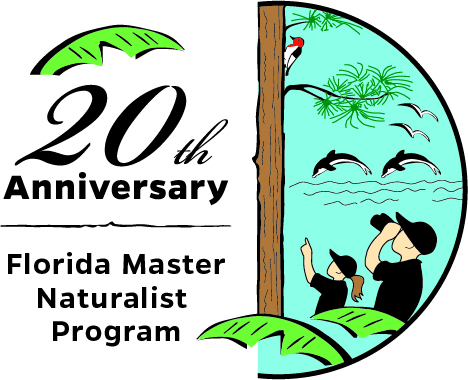
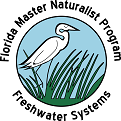
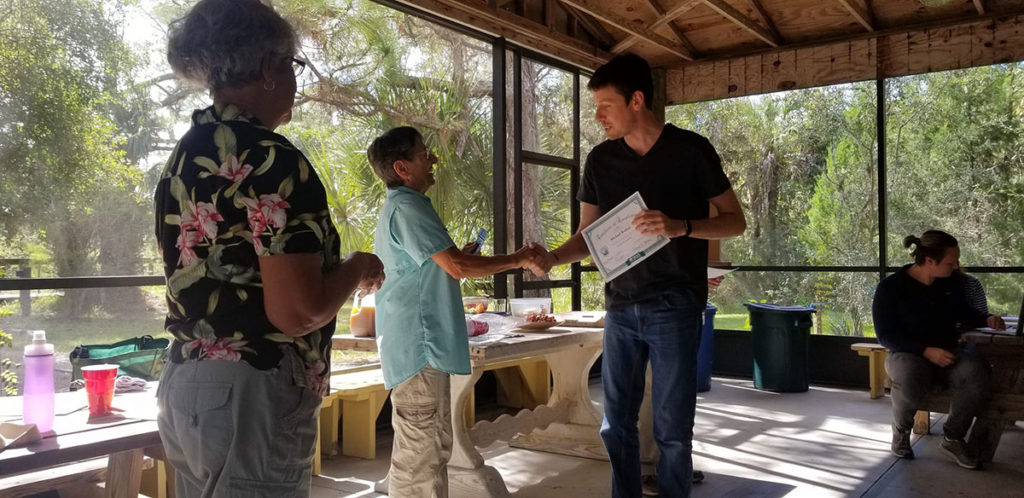
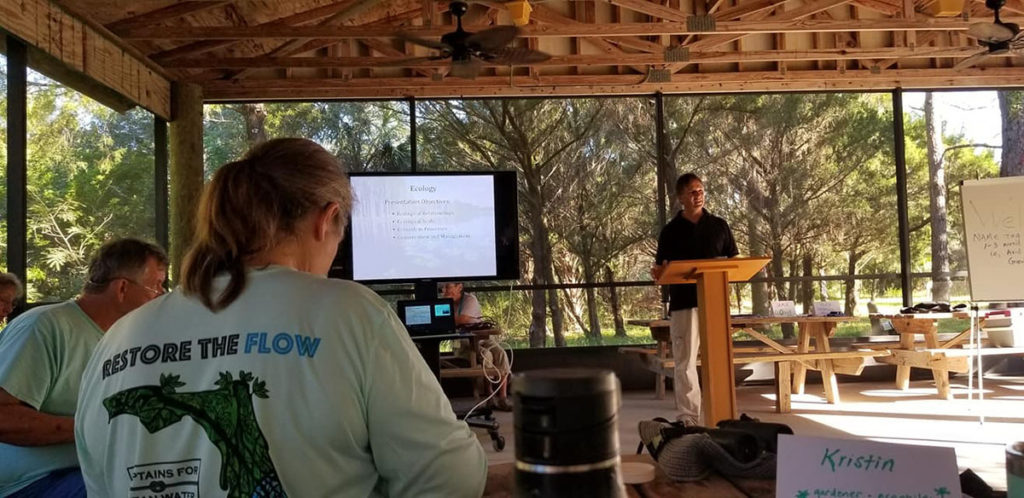
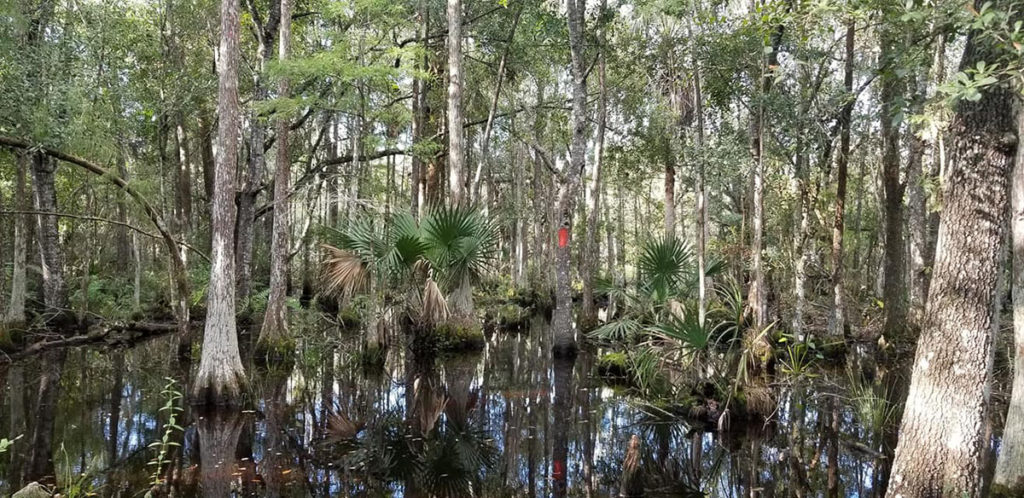
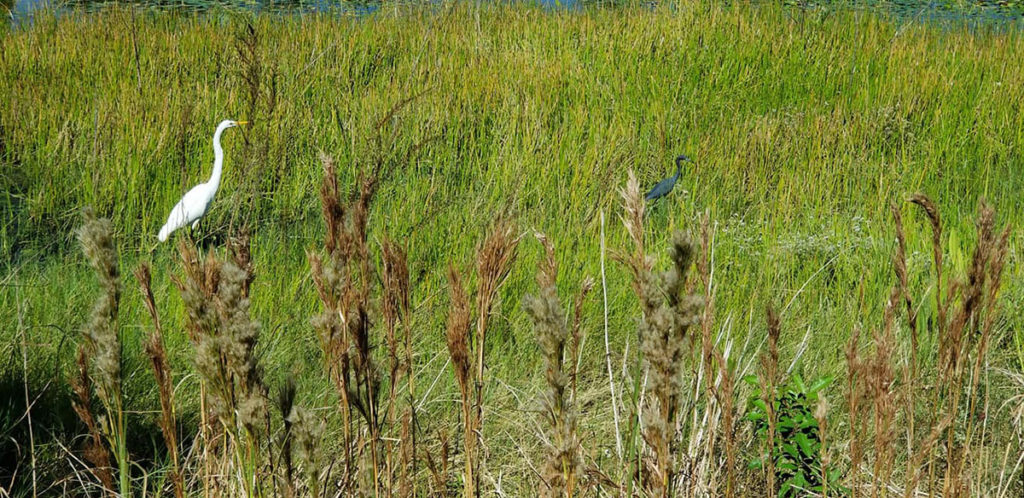
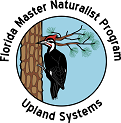
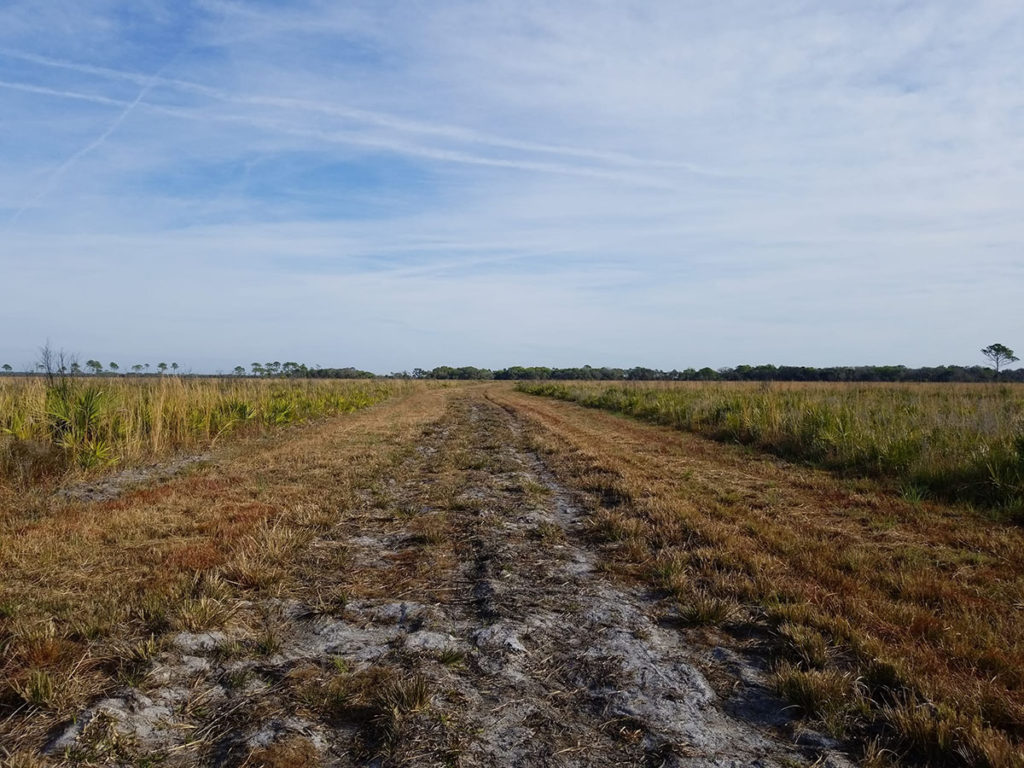
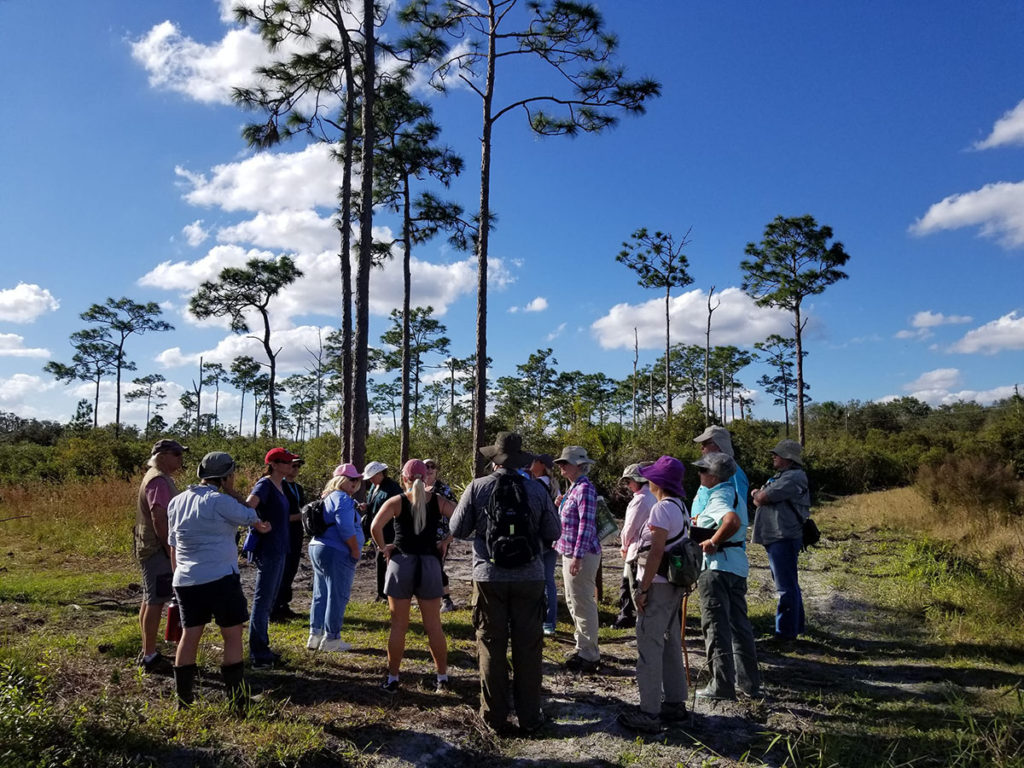
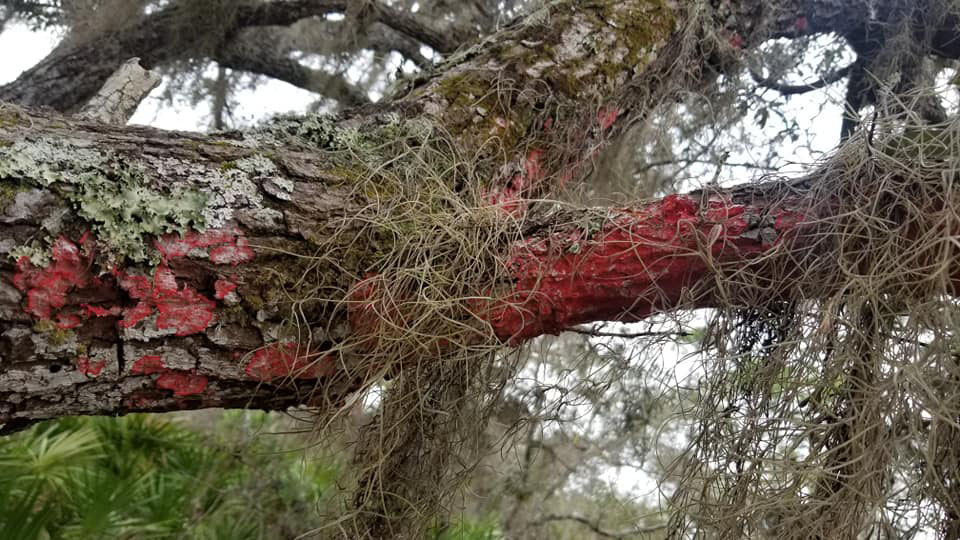
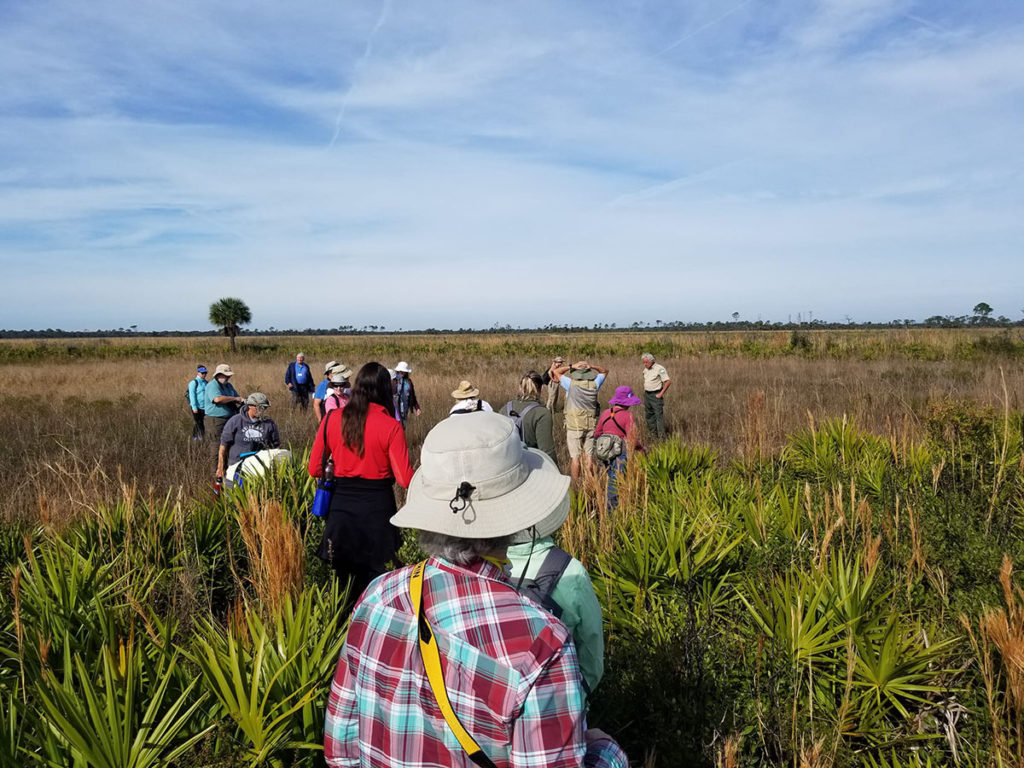

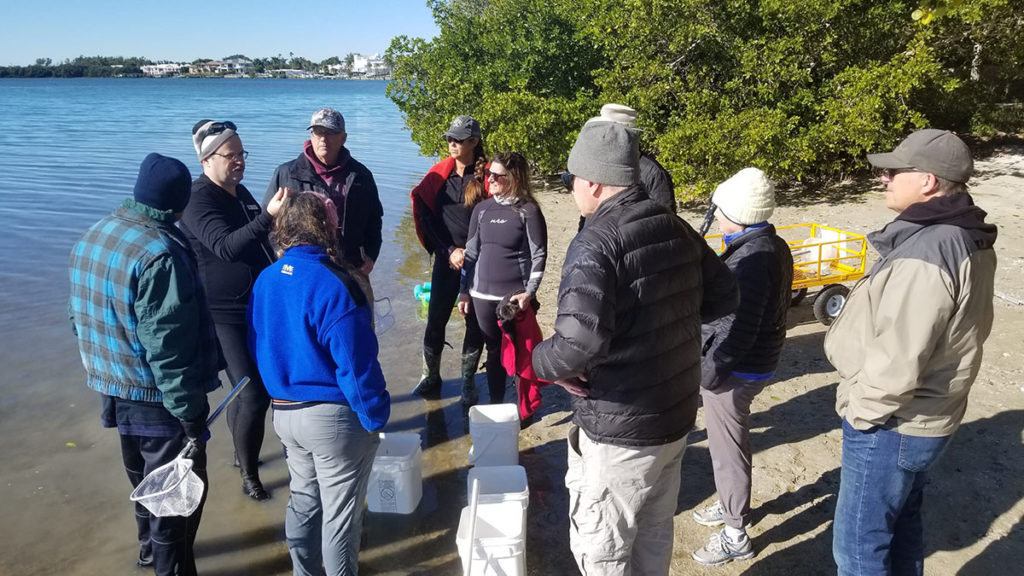
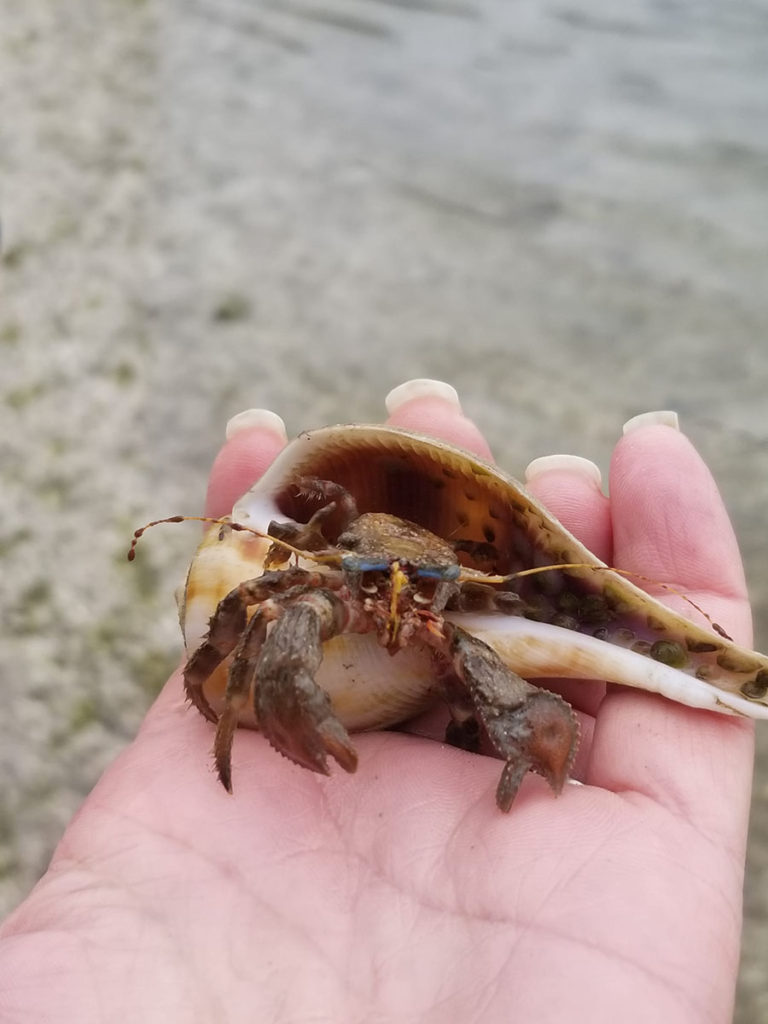
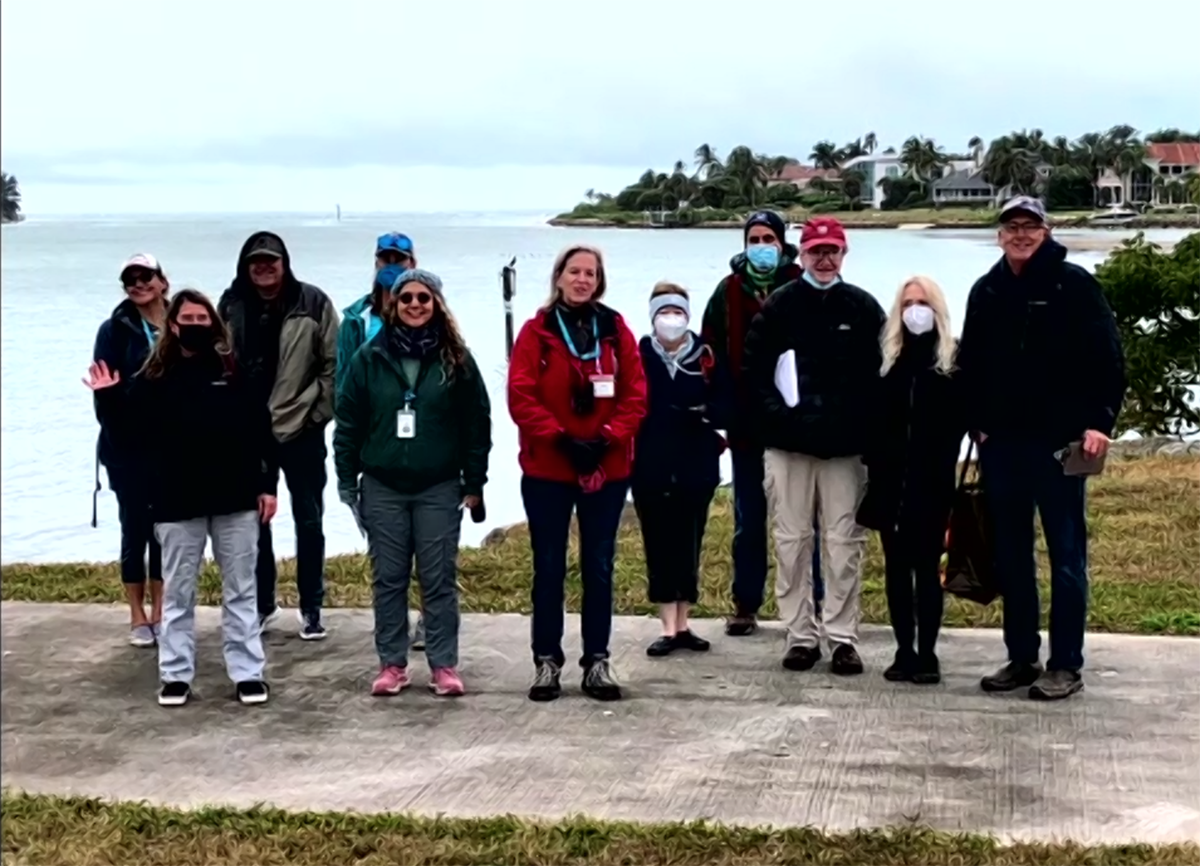
One thought on “The Florida Master Naturalist Program”